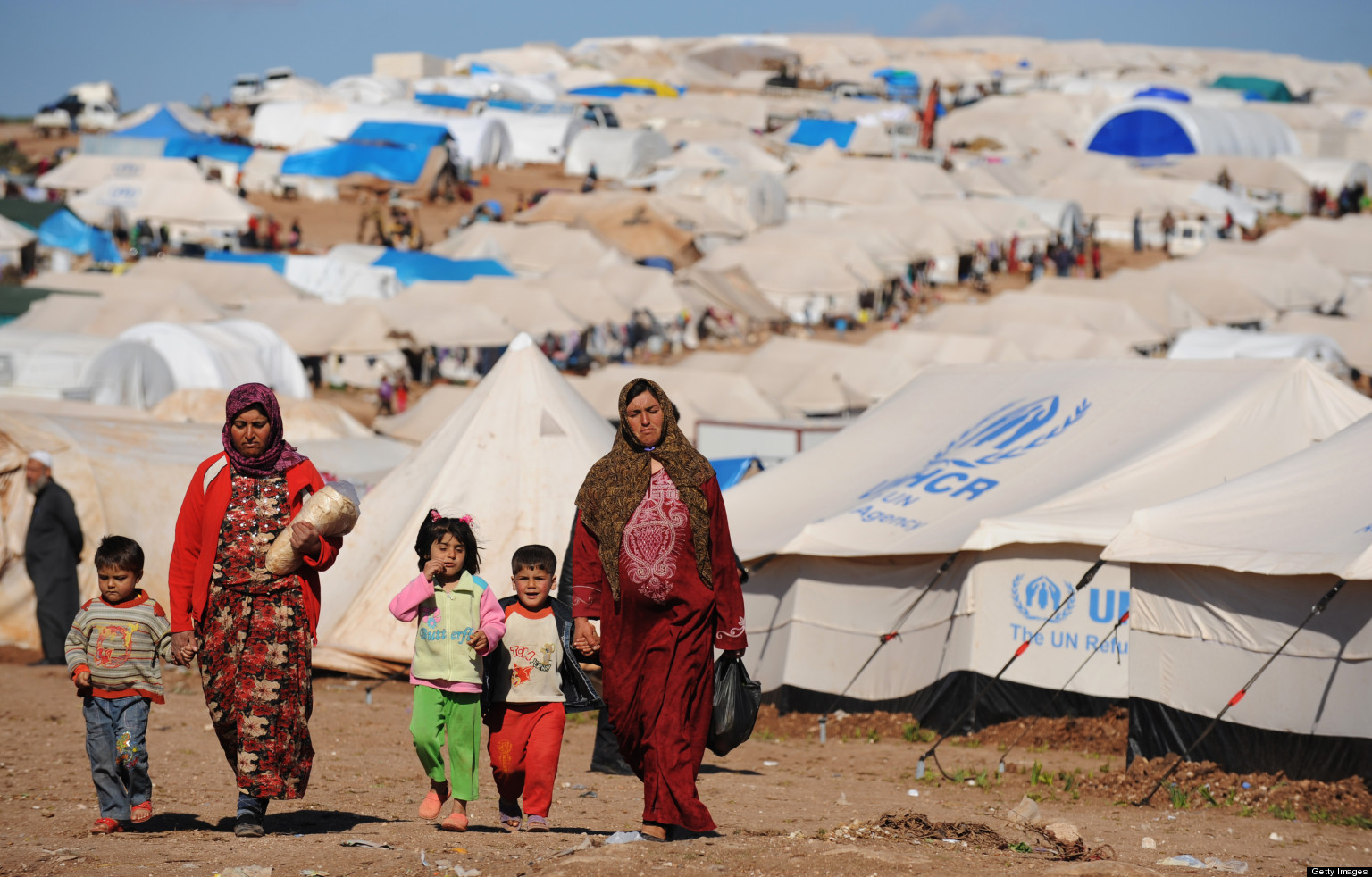The Syrian civil war is once again casting strain on an international scale: this time, through immigration. The war’s catastrophic effect upon its civilians has now led to an ultimatum almost unbearable to think about: stay in Syria and risk their lives, or leave the country…and risk their lives. Amnesty International have spoken out against international powers, reprimanding them for their lack of involvement and unwillingness to help.
Neither the stay nor leave decision that Syrians have to make has a good outcome. The Syrian civil war has forced many Syrian civilians out of their homes and into neighbouring countries, such as Lebanon and Iraq, where refugee camps have been created. However, these camps have had an unavoidable influx of refugees and many are hardly suitable to live in. The conditions are horrendous and many die in these camps due to the lack of facilities, a refugee from north-east Syria, Zakaria, who is living in a refugee camp in Lebanon stating: ‘I have no money at all…We have no bread, no sugar, no wood for the fire. We watch our children dying, and there’s nothing we can do about it’. These refugee camps remain overcrowded and impoverished with no sign of help.
This example is not unusual, and one that is unfortunately experienced throughout the Syrian refugee camps. Families are living in tents or shacks made of plastic sheeting without any sanitation, and children are suffering. To make matters worse, drops in temperatures mean that at night many huddle around a small fire that they have lit using toxic chemicals.
It has been highlighted by Amnesty International that European aid is reluctant, the refugee camps being largely ignored by international relief organisations. Neighbouring countries to Syria are willing to take in Syrian refugees, however these countries are not the ideal of stability. Those who could provide stability and safety however, just one example being Britain, are not willing to take in refugees. Though, it is interesting that they were willing to get involved on a military scale, something that surely costs just as much?
Britain has been criticised by Amnesty International for not supplying enough support or aid for the Syrian civilians. Britain, however argues that it does supply a lot of international aid, in fact a significant amount more than other European countries, which is causing somewhat of a backlash within British society. The Express states ‘A report revealed that taxpayer’s money spent on foreign development projects has soared by 65 percent over the last decade to a massive £8.3 billion last year’. Many British people are angered by this, expressing that British money should be spent on British institutions such as the NHS. This amount of international aid surely does not show a lack of reluctance, and though admittedly there is a reluctance to take in refugees, there is no reluctance in aid budgeting itself. With the Syrian Crisis still raging on, and people continuing to die, an important question is: where then, is all this British aid money going? Is it actually making its way to those who need it most, or being scuttled away into other areas of the war?
The Amnesty International Report highlights the awful circumstance of Syrian civilians, the people who have to face death every day from both within or outside of their own country. Amnesty International is right, more does need to be done to help these people’s plight. However is the European countries ‘reluctance’ due to lack of or unwillingness to provide money? Or are there other problems here, such as a preference over military action than monetary aid? Amnesty International and their report have highlighted the lack of aid on an international scale as needed, but not established a solution. What is certain is that the situation in these refugee camps cannot be ignored any longer, and the amount of aid that Britain pumps out every year needs to be directed in the right places – a simple statment, but clearly a task of surprising difficulty.

